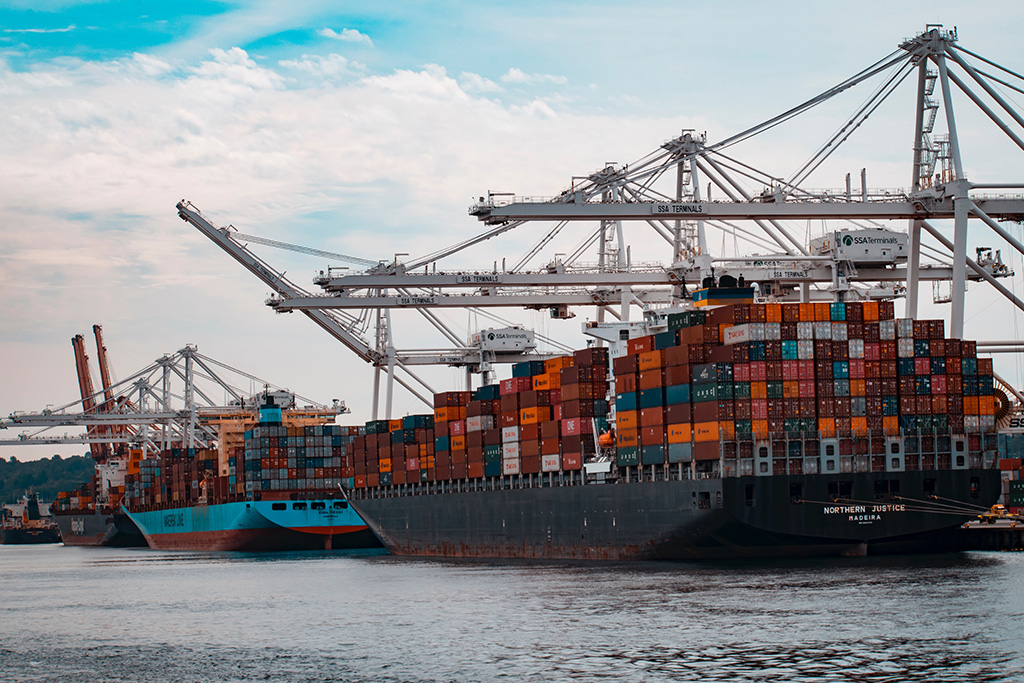Embarking on the journey of international shipping and freight forwarding can seem like learning a new language. To help you navigate through this, we have compiled a list of essential terms and jargon used in the freight forwarding industry, explained in a simple and straightforward manner.
Freight Forwarder
A Freight Forwarder is a company or individual that organises shipments for individuals or corporations to get goods from the manufacturer or producer to a market, customer, or final point of distribution.
Bill of Lading (B/L or BoL)
The Bill of Lading is a legal document issued by a carrier to a shipper, detailing the type, quantity, and destination of the goods being carried. It serves as a shipment receipt when the carrier delivers the goods at a predetermined destination.
Consignee
The Consignee is the person or company to whom commodities are shipped, typically the buyer or receiver of the goods.
Consignor
Conversely, the Consignor is the person or company shipping the commodities, usually the seller or sender of the goods.
Container
A Container is a standard-sized, large metal box used to transport goods by sea, rail, or road. It’s designed to be easily transferred between different modes of transportation.
Customs Clearance
Customs Clearance is the process of obtaining permission to import goods from another country, involving the preparation and submission of necessary documents to clear goods through customs.
FCL (Full Container Load)
FCL refers to a shipment that occupies an entire container. It is typically used when the volume of goods is sufficient to fill a container.
LCL (Less than Container Load)
LCL is a term used when the volume of goods is not enough to fill a standard container. Multiple LCL shipments are often consolidated into one container.
Incoterms
Incoterms are internationally recognised terms defining the responsibilities of sellers and buyers for the delivery of goods under sales contracts. There are 11 Incoterms in total.
Cargo Insurance
Cargo Insurance provides protection against all risks of physical loss or damage to freight during the shipment from any external cause.
Conclusion
Understanding the key terms and jargon in freight forwarding is crucial for smooth and hassle-free international shipping experiences. At John Pipe International, we strive to make freight forwarding as straightforward as possible, guiding you through every step of the process and ensuring you are well-informed. Whether you are new to freight forwarding or looking to brush up on your knowledge, we are here to assist you with all your shipping needs.
For more information on our freight forwarding services and how we can help you, please contact us.

